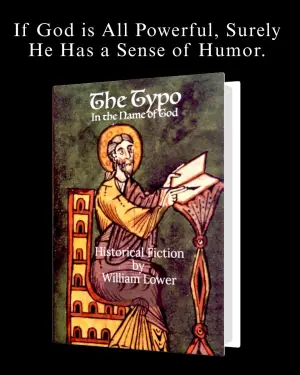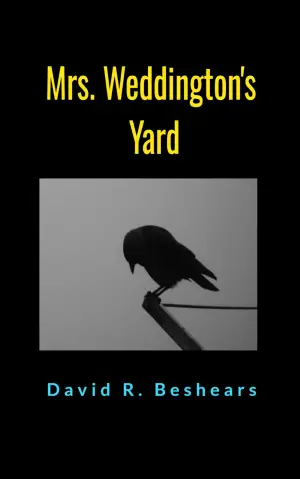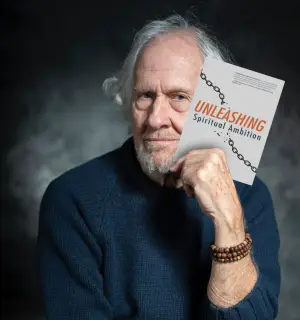Diving into the Abyss: A Personal Reflection on Orwell’s 1984
When I first picked up George Orwell’s 1984, I anticipated a dark, reflective journey into a world of totalitarianism and despair, but I was unprepared for just how hauntingly grey it would feel—both literally and metaphorically. The relentless grey of the pages encapsulates not just the dreary landscapes of Airstrip One but also the drudgery of a society stripped of vibrancy—where the color leaches out of skin, sky, and even hope itself. That unyielding grey has lingered in my thoughts long after closing the book, prompting deep contemplation about our own societal landscape today.
1984 is more than just a novel; it’s an unsettling prophecy that resonates with our contemporary reality. Orwell’s portrayal of Winston Smith, an everyman caught in the oppressive grasp of the Party, serves as a powerful lens to examine themes of surveillance, control, and the fragility of truth. As Winston navigates a life filled with chronic malaise, exploitation, and even the grotesque dimensions of sexual and ideological bondage, I found my heart aching for his desire for freedom and genuine connection.
Orwell’s writing style—direct yet laced with layers of philosophical inquiry—captures the reader’s imagination while refusing to shy away from the bleakness that suffocates Winston’s world. The pacing is deliberate, allowing us to linger in Winston’s introspections, and I must say, the lengthy exposition in Goldstein’s manifesto contrasted sharply with the more lyrical prose I had just experienced in Fahrenheit 451, making the reading experience feel both grimmer and more thought-provoking.
Quotes from the novel have become etched in my consciousness, words like “War is peace. Freedom is slavery. Ignorance is strength,” resonate forcefully today. They challenge us to scrutinize the narratives we accept and the truths we ignore. I couldn’t help but reflect on the absurdity of our age—where misinformation breeds like wildfire in the digital landscape and the phrase “alternative facts” has wormed its way into our lexicon. Orwell’s vision feels uncomfortably prescient, revealing that dismantling truth is disturbingly achievable.
Yet, amidst this dark narrative, the glimmer of hope lies with the proles—“If there is hope, it lies in the proles.” They emerge as a symbol of humanity’s resilience, the untamed spirit that remains unshackled by the Party. In this, I found a bittersweet reminder that the core of our existence thrives in the connections we form outside the chains of power.
While 1984 may be a grim read, its relevance has only intensified over the years. Readers looking for a stark warning about the fragility of liberty and the perils of unchallenged authority will find themselves engrossed. This complex tapestry of existential despair and a yearning for truth not only makes for an essential read but also serves as a significant reflective moment on our societal trajectory.
So, if you’re prepared to confront a world that looks all too familiar, 1984 will provide not only the chilling insights needed to navigate our modern reality but will also challenge you to seek the vibrant shades of humanity that persist in the most challenging of circumstances. Just be ready to grapple with a million shades of grey.
Discover more about 1984 on GoodReads >>






